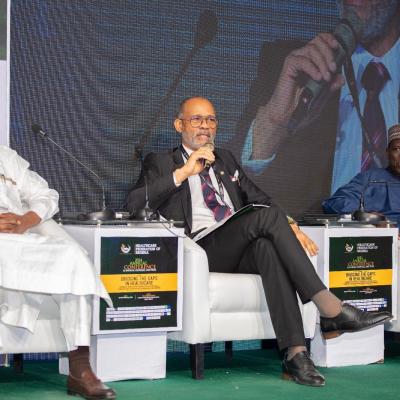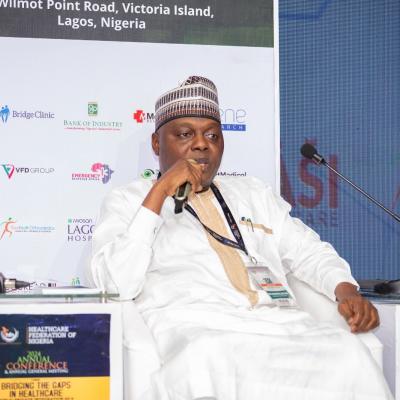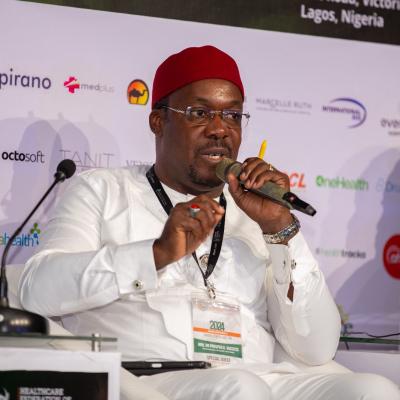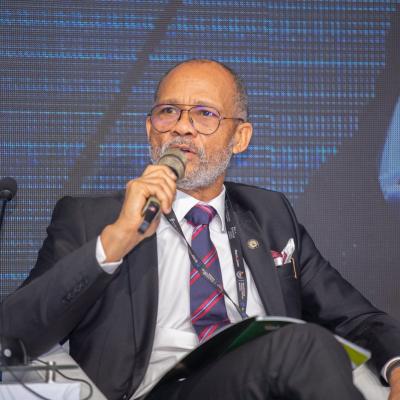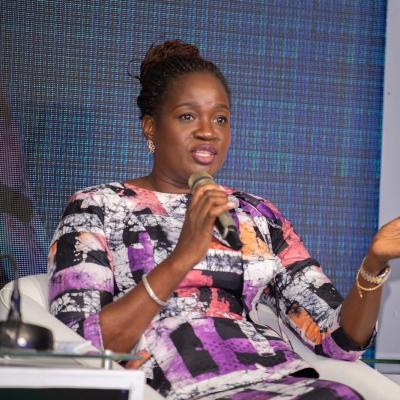It was organised by the Association of Resident doctors, LAUTECH, Osogbo chapter. According to him, the economic situation in Nigeria has led to an increase in prices of commodities, including drugs. This, he said, was making people, who could not afford medicine, go for cheaper ones which were mostly counterfeits.
Government spends less than what is needed on each person's health annually. Government is spending an average of $31 but in order for the government to provide just the basic health need of an average Nigerian, they should be spending $86 per person. This means that the government is only spending 36 per cent of what its supposed to spend.
He further insisted that the government should spend five per cent of their country's GDP on health.In 2013, statistics showed that the government only spent one per cent on Nigeria's GDP on health, a figure which has remained unchanged since 1995. Please, note that there is a difference between GDP and budget. Nigeria has spent eight point something on the budget but when you look at the GDP in general, it is only one per cent that Nigeria has been spending since 1995 when ideally it should be spending five per cent,he said.According to him, part of the reasons. For Nigeria's low performance is that most of the GDP does not to through the government.
Currently Nigeria ranks the very lowest in the world on government revenue as a percentage of GDP and one of the reasons it is so is because our tax system is extremely poor. If Nigeria has the same efficient tax structure as Lagos, then government can generate more and invest in the health sector, he advised.He further pointed out that if the government can have the political will to invest in health,it will outlast this recession.
Professor Oluwadiya, who encouraged the resident doctors to continue to uphold professionalism in rendering medical service to their ailing patients, also advised them to make positive use of the period. The president of the association, Dr Olayinka Owolabi, in an interview said the need to encourage members to understand Nigeria's current status informed the topic and the gathering. In this period of recession, in this period of economic challenges, there is the tendency for our people to actually access alternative healthcare services. They now patronise religious centres and traditional medicine for things they should ordinarily go to the hospital for.This has been going on for a while since the crisis in LAUTECH Teaching Hospital in Osogbo that happens to be the major tertiary healthcare institution in the state. We still want to call on the state government to see health as wealth, he said.
The Vice President of ARD, LAUTECH Teaching Hospital, Dr Akintunde Olugbenga, also stated that from policy point of view, the government could bring forward events and policy changes that would increase access to health, especially with decreasing patronage of government hospital because of lack of funds by providing universal Health Insurance coverage for more Nigerians. This is one of the important tools to achieve this,he told Channels Television.
To him prompt payment of salaries of healthcare officers could go a long way in reducing the effects and shocks of recession on all the workers so they can give maximum output to the care of patients.
Source:Swankpharm

 Some medical experts in Nigeria are asking the government to empower the National Health Insurance Scheme (NHIS) to enable people at the rural areas have access to affordable medical treatment.
Some medical experts in Nigeria are asking the government to empower the National Health Insurance Scheme (NHIS) to enable people at the rural areas have access to affordable medical treatment.